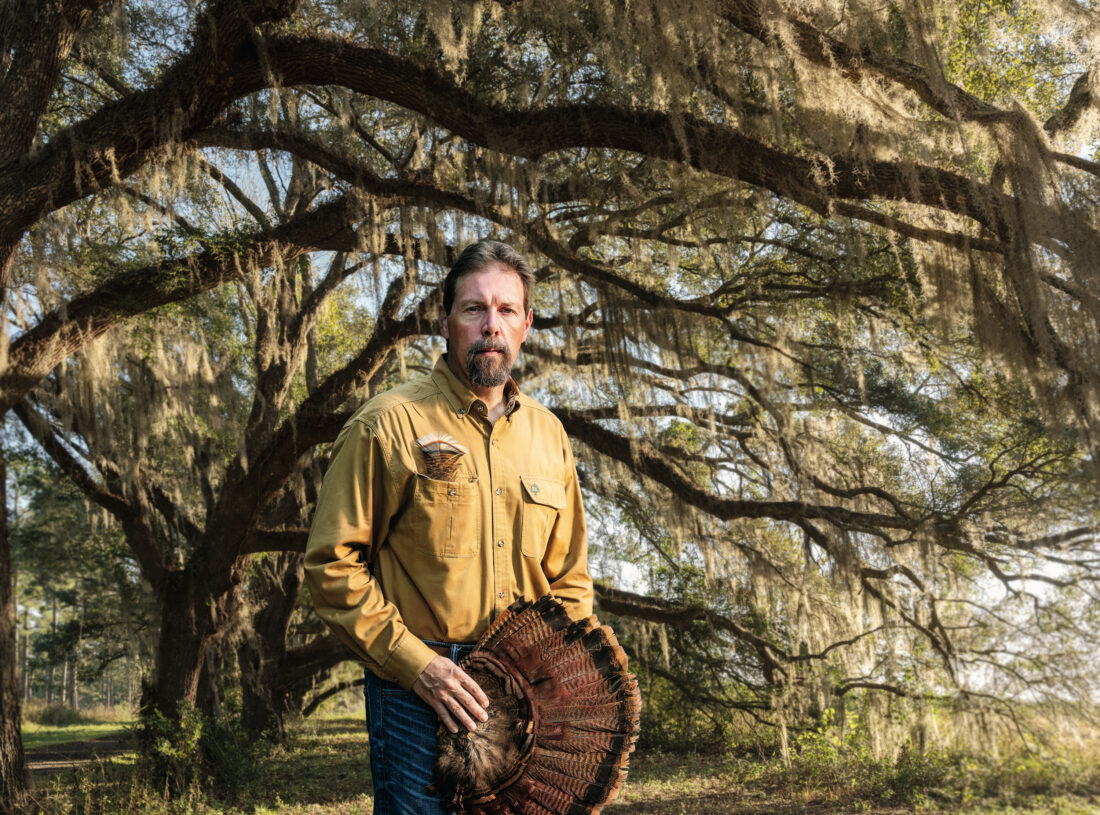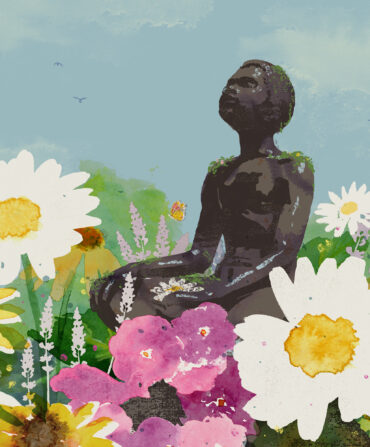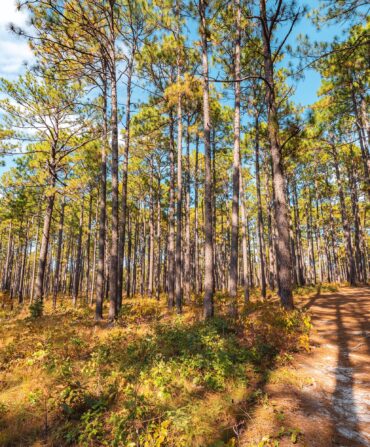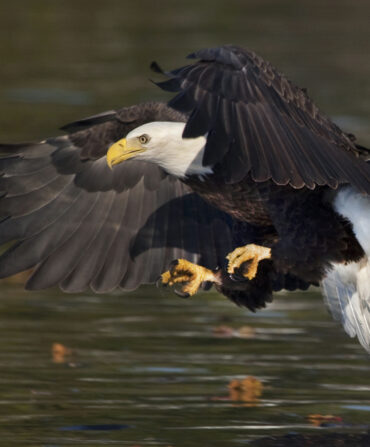Mike Chamberlain remembers when there simply weren’t that many turkeys around. He grew up outside of Richmond, where in the 1980s and early 1990s, wild turkey numbers were just starting to creep up. Hunting them often meant long mornings in the woods without detecting a single gobble.
Unfortunately, turkeys seem to be headed back to those days. After a wildly successful restoration, researchers have documented significant population declines across the South. “It really has come full circle just in my lifetime,” says Chamberlain, a professor of wildlife ecology and management at the University of Georgia. “In a lot of places, the hunting now is similar to when I was a teenager. There are mornings when you don’t even hear a bird. That motivates me. I want to see these birds thriving again.”
To that end, Chamberlain dedicates an incredible trove of energy and knowledge. He is widely regarded as the most influential wild turkey biologist in the world. In addition to his academic research, he runs a private consulting business that seeks to put science into practice on private lands. He has shared his know-how on dozens of podcasts, and given hundreds of presentations. And just this year, he launched a website called the Wild Turkey Lab, a clearinghouse for research and historical documents built around the core principles of his personal scientific method: He wants his work to be relatable, digestible, and relevant. Ninety percent or so of the South’s wild turkeys live on private lands, and Chamberlain aims to give landowners the same depth of scientific information that informs state and federal agencies.
Personally, his passion for turkey hunting means just as much to Chamberlain as his rigorous academic life. “Hunting teaches you the complexity of how this bird’s behavior can vary day to day, and hour to hour,” he says. “It can teach you how the bird navigates the landscape in ways you cannot obtain from a computer screen full of GPS locations. Until you actually are present and interact with them one-on-one and can appreciate how dynamic a turkey is in the field, you’ll just not get it.”
* * *
Founder of: Wild Turkey Lab
Location: White Plains, Georgia
Wildlife ecologist since: 1999
Favorite place to hunt: Florida, with its Osceola wild turkey subspecies.
Read about all ten Champions of Conservation.








